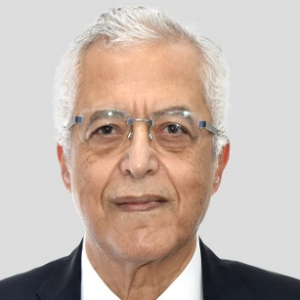Eccrine Sweat Gland Dark Cells
Eccrine sweat glands are a crucial component of the human skin's thermoregulatory system, responsible for producing sweat to regulate body temperature. Within these glands, specialized cells known as dark cells play a significant role in the secretion process. These dark cells are characterized by their distinctive appearance under a microscope, containing densely packed granules that give them a darker hue compared to other glandular cells. The primary function of eccrine sweat gland dark cells is to synthesize and store various substances, including electrolytes and proteins, that contribute to the composition of sweat. As the body heats up, signals trigger the release of sweat from these glands, and the dark cells play a pivotal role in the secretion's composition. They contribute to the isotonic nature of sweat, ensuring an optimal balance of electrolytes to facilitate efficient heat dissipation through evaporation. Additionally, dark cells in eccrine sweat glands participate in antimicrobial defense by secreting substances that create an environment unfavorable for bacterial growth on the skin's surface. This dual functionality underscores the importance of these cells in maintaining homeostasis and protecting the body from environmental stressors.Research on eccrine sweat gland dark cells continues to uncover their intricate molecular and cellular mechanisms. Understanding these mechanisms can have implications for various fields, including dermatology, physiology, and pharmacology.

Nagy Habib
Imperial College London, United Kingdom
Lucie Bacakova
Institute of Physiology of the Czech Academy of Sciences, Czech Republic



Title : AI-integrated high-throughput tissue-chip for space-based biomanufacturing applications
Kunal Mitra, Florida Tech, United States
Title : Stem cell technologies to integrate biodesign related tissue engineering within the frame of cell based regenerative medicine: towards the preventive therapeutic and rehabilitative resources and benefits
Sergey Suchkov, N.D. Zelinskii Institute for Organic Chemistry of the Russian Academy of Sciences, Russian Federation
Title : In vitro evaluation of lyophilized Dedifferentiated Fat cells (DFAT) impregnated artificial dermis
Kazutaka Soejima, Nihon University, School of Medicine, Japan
Title :
Nagy Habib, Imperial College London, United Kingdom
Title :
Alexander Seifalian, Nanotechnology & Regenerative Medicine Commercialisation Centre, United Kingdom
Title : The regenerative medicine of the future
Marco Polettini, DVM, Italy